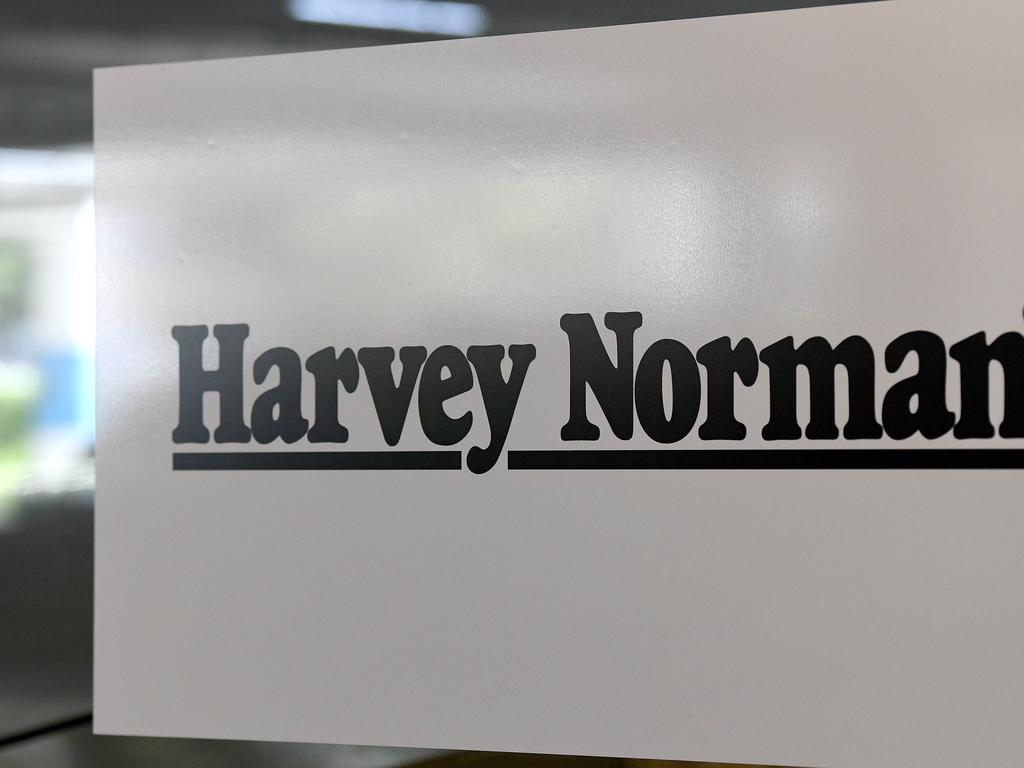Diversity, equality keys to success, says Macquarie boss Shemara Wikramanayake
Shemara Wikramanayake sees herself as a CEO with the responsibility to take the $50bn Macquarie Group to the next level.

Shemara Wikramanayake does not see herself as a female CEO who needs to prove that brown-skinned female CEOs can deliver. She is, instead, a CEO with the responsibility to take the $50bn Macquarie Group to the next level.
Addressing the Chief Executive Women annual dinner on Thursday, Ms Wikramanayake said a nomadic childhood fostered a sense of resilience in her that had endured throughout her career.
At three months old, she was sent to live with her grandparents in Sri Lanka, with the rest of her family following from England a year later.
At eight, she and her siblings moved back to England to be with their parents.
Five years of financial hardship followed, at which point they made the move to Australia.
“Being curious and social, I resolved to embrace the frequent changes as an opportunity to learn from different cultures and perspectives,” Ms Wikramanayake said.
“I saw the adventure in my nomadic childhood, replanning my future in a new country and sometimes a new language and gaining life skills as I went.”
This same capacity to focus on the things she could control had been a consistent theme of her three decades at Macquarie, she told the audience, as she recounted an example of the prejudice she had faced in her career.
“As a young adviser, I was asked to lead a complex transaction in Melbourne where I encountered a senior client who didn’t have confidence that a very young-looking brown female would get the job done in what was an important moment in his company’s journey.
“I could have been demotivated by this or lost confidence, but I was oblivious to his attitude at the time, even though it had been apparent to others. I was instead focused on my responsibility to help deliver the necessary outcome for the client,” she said.
When the deal was done, that same client took her aside and thanked her for teaching him about irrational prejudice.
Ms Wikramanayake, who was last year named Australia’s highest-paid CEO, took on the top job at Macquarie in late 2018, replacing outgoing Nicholas Moore. In 2019, she handed down a record $2.98bn full-year profit for the company.
Then COVID hit. Profit for 2020 was down 8 per cent and first-half profit for the current year plunged 32 per cent. Macquarie had the benefit of a strong financial position coming into the crisis and responded swiftly to its challenges, she said. This included extending lending relief to clients through payment pauses, hiring additional workers to meet higher demand in its call centres and helping its Australian corporate clients raise $12bn of capital in the first six months of the pandemic.
Longer term, Ms Wikramanayake is eyeing up Macquarie’s role in longer-term solutions for a post-COVID world, including the need for greater digital infrastructure and better physical infrastructure to support de-urbanisation, as well as supporting climate transition.
To deliver on this, the key to Macquarie’s success will be its people, she told the audience.
“Working to ensure diversity of thought and capability is critical. We’ve seen many times that a diverse team delivers stronger results than any brilliant individual or homogenous team. So we know this is key to our long-term resilience,” she said.
“We need the richest possible combination of different ages, genders, cultural and racial backgrounds, diversity of sexual orientation and socio-economic backgrounds and experiences — and regardless of any disability.
“This allows us to challenge each other’s perspectives in forming better collective decisions, improves understanding of regional and sectoral nuances and gives us greater empathy in serving a much broader client and community base.”
Improving diversity in the workplace required a focused effort, she said. Currently, just 35 per cent of job applicants to Macquarie are female.
Recruiting equal numbers of males and females at entry level didn’t translate to equal representation up the corporate ladder. It fell off at mid-level and declined to low double digits by the most senior levels, she said.
Promoting flexible working and an active returner program following periods of parental leave, Macquarie is hoping to arrest the decline in female workers at the mid-level.
At the male-dominated top, the issue across the industry may be unconscious bias, she said.
“It’s a misguided perception that physical characteristics have relevance to ability to contribute in our industry.
“However, these perceptions persist, and we need to understand the experience that drives them to help demonstrate that people may be creating imagined roadblocks.”
Females must be given the opportunity to deliver their full potential, she said.
“If we do not create equal pathways for females to deliver their potential in the same way we do for males, we will not engage and gain value from half our population, which will lessen our output and growth.”
The same applied to creating equal opportunity for Australians from all backgrounds, she said. “Roadblocks must be identified, and solutions developed and delivered to ensure equal access.”







To join the conversation, please log in. Don't have an account? Register
Join the conversation, you are commenting as Logout